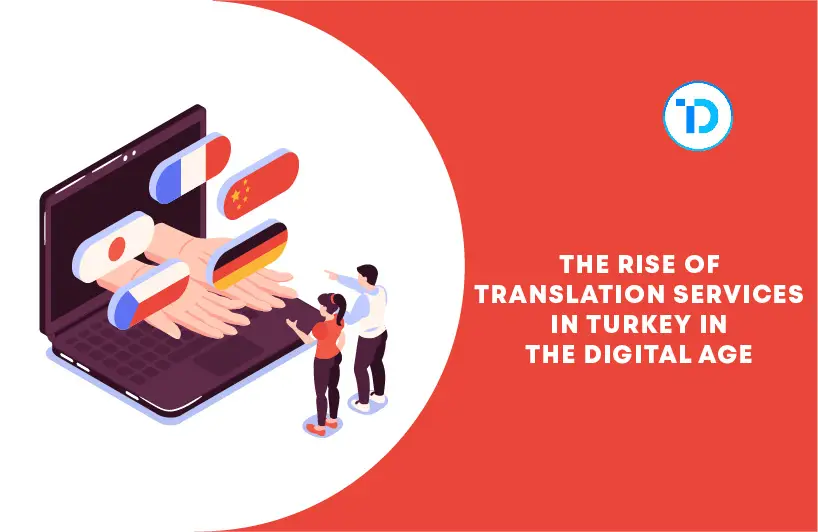In the era of globalization, the demand for translation services has seen an unprecedented rise, facilitating cross-cultural communication and international business. Turkey, a country that straddles two continents, has become a focal point in this linguistic revolution, especially with the emergence of digital technologies. The role of “yeminli tercüman” or sworn translators has become increasingly significant, bridging the gap between languages and cultures, and playing a pivotal role in legal, commercial, and personal exchanges. This article delves into the rise of translation services in Turkey in the digital age, highlighting the evolution, challenges, and future prospects of this vital industry.
Historical Context and Evolution
Traditionally, translation services in Turkey were primarily focused on government, literary, and educational materials. The process was manual and time-consuming, requiring a deep understanding of both the source and target languages. However, the digital age has transformed this landscape. The advent of the internet and digital communication tools has expanded the need for effective translation services to include websites, mobile apps, digital marketing materials, and much more. The demand for “yeminli tercüman” or certified translators has surged, given their legal authority to translate and certify documents for official use, such as immigration papers, legal contracts, and academic transcripts.
The Digital Leap
The integration of digital technologies in translation services has revolutionized how translators work and how translation services are provided in Turkey. Digital platforms, software, and tools like Computer-Assisted Translation (CAT) tools, machine translation, and translation management systems have increased efficiency, accuracy, and speed. This digital transformation has enabled the Turkish translation industry to handle larger volumes of work, diversify its services, and improve accessibility for clients worldwide.
Furthermore, the rise of remote work and digital nomadism has expanded the market for Turkish translators. Professionals and businesses are no longer limited by geographical boundaries, allowing Turkish translation services to cater to a global audience. This global reach is particularly beneficial for “yeminli tercümanlar,” whose certified translations are essential for clients dealing with Turkish entities or requiring documents for use in Turkey.
Challenges in the Digital Age
Despite the growth and opportunities, the digital age brings challenges for the translation industry in Turkey. One significant challenge is the balance between technology and human expertise. While machine translation and AI have advanced, they cannot fully replace the nuanced understanding and cultural sensitivity of a human translator. Ensuring the quality of translations, particularly for complex legal, technical, and medical documents, remains a priority.
Moreover, the rise of digital platforms has led to increased competition, both locally and globally. Turkish translation service providers must navigate this competitive landscape by specializing, maintaining high standards of quality, and adapting to new technologies. Ensuring data security and confidentiality in digital environments is also a concern for both translators and clients.
The Future of Translation Services in Turkey
The future of translation services in Turkey is promising, with continuous growth expected in the digital domain. The evolution of AI and machine learning presents opportunities for enhancing translation tools, making them more sophisticated and capable of handling intricate translations with greater accuracy. However, the role of the “yeminli tercüman” will remain irreplaceable for official and sensitive documents, where precision and legal certification are paramount.
Furthermore, as Turkey continues to expand its role in international trade, tourism, and diplomacy, the demand for high-quality translation services will only increase. The industry is poised to evolve, with a focus on specialization, professional development, and technological integration. Translation service providers who embrace these changes and focus on delivering value-added services will thrive in the digital age.
Conclusion
The rise of translation services in Turkey in the digital age is a testament to the country’s dynamic and evolving linguistic landscape. The digital transformation has not only increased the demand for “yeminli tercüman” and translation services but also presented new challenges and opportunities. As Turkey continues to bridge East and West, its translation services play a crucial role in facilitating communication, understanding, and cooperation across cultures. The future of this industry, deeply intertwined with technological advancements and global trends, promises further growth and innovation, ensuring that Turkey remains at the forefront of the global translation services market.
